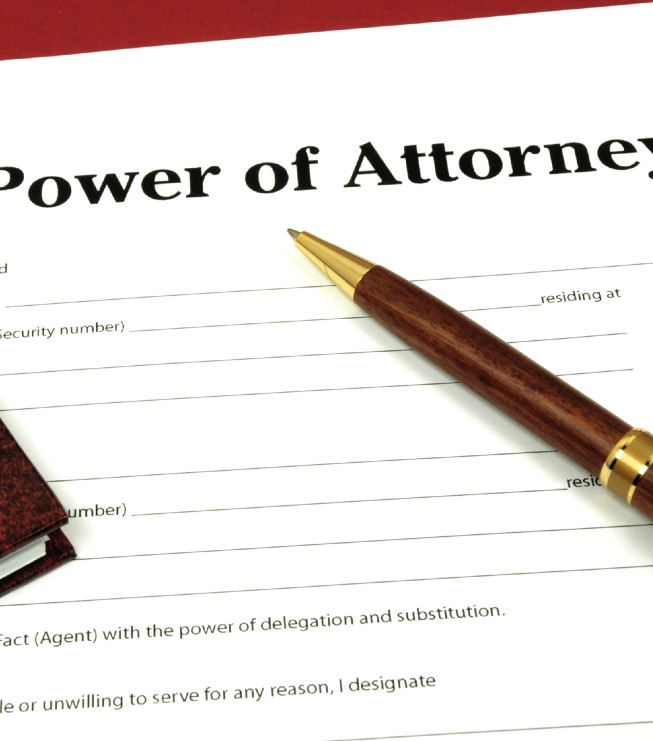What if that “bus” hits me and instead of dying I am injured – incapacitated physically or mentally?

POWER OF ATTORNEY
A Power of Attorney is a legal document that allows you to appoint a trusted person to act on your behalf to handle your financial and property decisions if/when you are unable either for reasons of physical or mental incapacity. There are two main types of powers of attorney: Enduring and General which can also be referred to as Specific Power.
When you appoint an attorney, and that person has accepted the appointment, they agree to act in your best interests in accordance with the Guardianship and Administration Act 1990. The type of power of attorney you wish to use is not only dependent on its purpose, but also your ability to don such a power, in other words, your legal capacity at the time of creating the document. It is therefore an appropriate time to draft this document during your estate planning.
It will provide you with peace of mind knowing that if for whatever reason, you lose capacity, you have a trusted person making appropriate decisions on your behalf. Your lawyer can discuss with you appointing more than one attorney and appointing a substitute attorney should your first choice be unable to make the appropriate decisions on your behalf.



ENDURING POWERS OF GUARDIANSHIP
An Enduring Power of Guardianship is a legal document that allows you to appoint a trusted person as your guardian to make medical treatment decisions or lifestyle decisions on your behalf when you no longer have the capacity to make those decisions yourself. As it is an Enduring Power you must make the appointment while you still have capacity to make decisions.
An Enduring Power of Guardianship provides you with peace of mind knowing who will making these very important and personal decisions on your behalf rather than leaving the appointment decision to be made by the State Administrative Tribunal should you lose capacity without having appointed your own choice of Guardian.






Speak to one of our experienced estate planning lawyers who can advise on the most appropriate types and clauses to suit your objectives.


